Keynote speakers
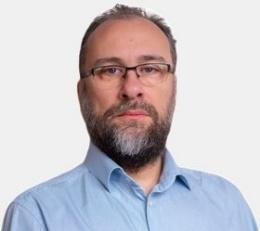
Ilija Djekić
Faculty of Agriculture | University of Belgrade
Serbia
Dr Ilija Djekić is a full professor at the Faculty of Agriculture – University of Belgrade. Holding an engineering PhD in life-cycle assessment joint with over 25 years of experience in the food sector his teaching and research areas comprise of food sustainability, food safety and food quality modelling. To-date he lectured to over 1,200 students at all three levels of studies and supervised 30+ PhD and master’s theses. He participated in 15+ (inter)national scientific projects and his contracted scientific consulting was performed in 100+ food companies. His scientific portfolio is deployed to evaluating food industry performance by using existing and / or developing new diagnostic models and tools for analyzing food sustainability / food safety and food quality performance at product, process and company level and identifying improvement possibilities throughout the food supply chain. Ilija Djekić has (co-)authored more than 250 full papers out of which (180+) in journals included in the © ISI Web of Knowledge as well as ten chapters and five books. Since 2022, prof. Djekić has continuously appeared on the Stanford list of top 2% world’s most-cited scientists.
Round Table: “Agriculture – A driver to Climate change or a Key to Carbon Solutions”
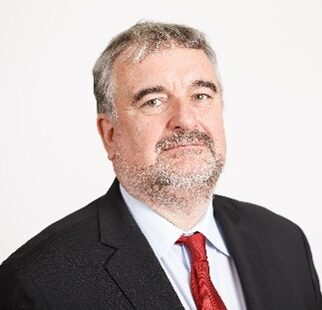
Emil Erjavec
Head of Governing Board of University of Ljubljana Slovenia (UL)
Dr. Emil Erjavec is Full professor of Agricultural Policy and Economics at the Biotechnical Faculty, and President of the University Ljubljana Managerial Board. Between 2002-2018 he was lecturer at the University of Natural Resources and Life Sciences (BOKU) in Vienna. He is former dean (2018-2020) and between 2010-2014 and 2016-2018, 2020-2021 vicedean of Biotechnical Faculty University of Ljubljana. For the period 2016-2018, he was the Chairman of Council for agriculture and rural development of the Republic of Slovenia. His research expertise covers various aspects of agricultural economics, and he has published over 80 research papers pertaining to national and European agricultural policy, transition and EU integration studies, agricultural sector modelling and political economy analysis. He has assumed numerous coordinating positions in national and international research efforts. In the years 1998-2004, he participated in the talks preceding EU accession as a member of Slovenia’s core negotiations team responsible for agriculture. Since 2003, he has been engaged as counsellor in negotiations related to the European Union’s periodic financial perspectives and CAP reforms. He has also been invited to share his knowledge and experience as policy and rural development analyst to the FAO, OECD, European Commission and European Parliament, as well as to the governments of all Western Balkan countries. Between 2008 and 2014, he was a Board member of the European Association of Agricultural Economics (EAAE) and between 2008 and 2013, he was president of the Slovenian Association of Agricultural Economics. For his cooperation efforts, he is getting honourable Doctor degree from the Ss. Cyril and Methodius University in Skopje,
Round Table: “Skills for New Generation of Agronomists and Farmers Fastering Innovations and Entrepreneurship”
Plenary speakers
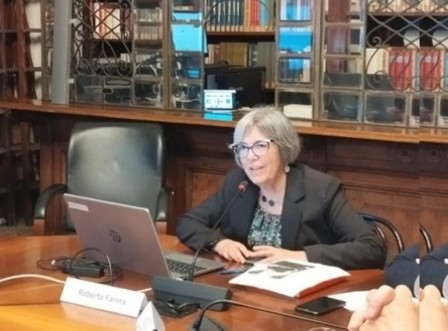
Roberta Farina
Senior Researcher at CREA, (Council for Agricultural Research and Economics,) Rome
Italy
I have always been torn between classical studies and science, but my curiosity for how things grow and how soils sustain life led me to agricultural sciences. I graduated with honors in 1996, after an enriching ERASMUS experience in the Balearic Islands, Spain.
1997: Thanks to a grant from the University of Ancona (IT), I spent a year at Rothamsted Research (UK), one of the oldest agricultural research centers in the world, studying phosphorus losses from agricultural soils.
PhD 1998-2000, Back in Italy at University of Sassari and Ancona in PhD I focused on the effects of no-tillage on productivity and soil quality.
Post-Doc & Beyond: I held various post-doc positions at the Institute for Plant Nutrition (RPS) before securing a permanent research position in 2008. In 2010 I spent 6 months in Rothamsted where I modified the RothC model to simulate soil C dynamics in mediterranean semi-arid environments (Farina et al., 2013). I was visiting scientist many times at Rothamsted and INRAE. In 2021 I was invited scientist at INRAE in France. I have participated in 28 national and international (ERANET, Horizon, Interreg, LIFE+) research projects, 8 of which are underway, with different roles (Coordinator, Work Package or task leader). I’m the coordinator of the Italian Soil Network (SoilHUB). I coauthored more than 100 publications, 51 of which are listed in Scopus, with an H.I. of 21.
My research revolves around sustainable agriculture, particularly in Mediterranean environments. I work on Carbon farming in vineyards and regenerative agriculture, Agroecological farming strategies tailored for Mediterranean regions, Sustainability indicators and multi-scale assessments of agricultural practices and Designing diversified cropping systems from field to market, integrating value chain approaches.
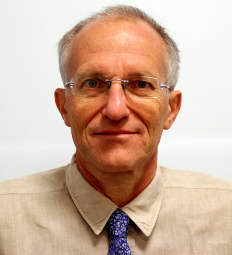
Lorenzo Maggioni
European Cooperative Programme for Plant Genetic Resources (ECPGR) c/o Alliance of Bioversity International and CIAT Headquarters, Rome
Italy
Since 1996, Lorenzo Maggioni is directing the Secretariat of the European Cooperative Programme for Plant Genetic Resources (ECPGR), based at the Alliance of Bioversity International and CIAT Headquarters in Rome, Italy. He joined ECPGR with a background of research in plant genetics (tissue cultures and molecular genetics) at the University of Piacenza, Italy and Iowa State University, Ames, USA. He holds an MSc. in Conservation and Use of Plant Genetic Resources, University of Birmingham, UK (1996) and a PhD in genetics and plant breeding, Swedish University of Agricultural Sciences, Alnarp, Sweden (2015), with a Thesis on the Domestication of Brassica oleracea.
As Secretary of a cooperative programme, he promoted activities and projects involving a European network that is now structured in 24 crop and thematic Working Groups. He participated in the design and launching of the main ECPGR initiatives, EURISCO, AEGIS, the EVA Network and the Genetic Resources Journal. In his talk, he will emphasize the value of plant genetic resources and the benefits of sharing responsibilities for their conservation and utilization through multilateral collaboration.
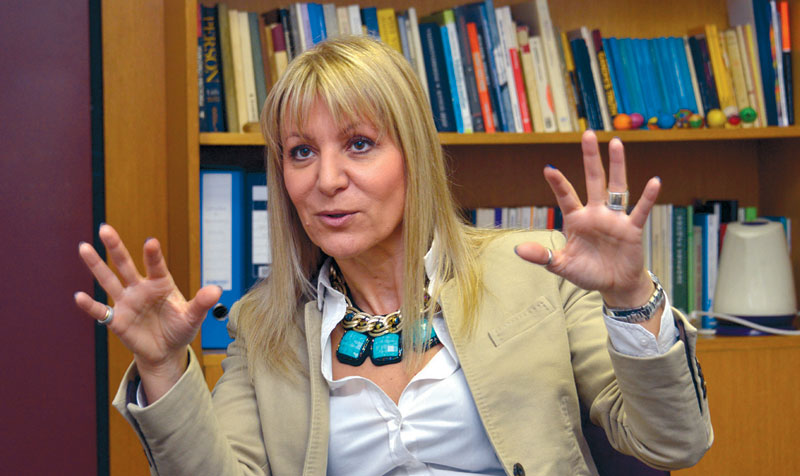
Ana Pešikan
Faculty of Philosophy, Department of Psychology at the University of Belgrade
Serbia
Dr Ana Pešikan is Full Professor at the Faculty of Philosophy, Department of Psychology at the University of Belgrade. Her expertise is in the educational and developmental psychology. Her work focuses on theoretical and practical issues of improving the quality of education, active learning methodology, textbook construction, the impact of technology on education and analysis of the education system from the perspective of quality and equity. She is a co-author of the Active Learning project and one of the authors of the Education Development Strategy in Serbia 2020+. She is a national and UNICEF expert on education, was a consultant to the Georgian Ministry of Education (1998–2000) and an associate at the Georg Eckart Institute for International Textbook Studies in Braunschweig (Germany). She was Minister of Science in the Government of Serbia (2007–2009) and one of the founders of the Education Forum, a think-tank organization for educational issues. She is a member of the Education Committee of the Serbian Academy of Sciences and Arts. She has received seven awards for scientific and professional work. Ana Pešikan is classified in: International Who’s Who, The Europa Biographical Reference Series; Who is Who in Serbia, Textbook Institute, Belgrade, 2013; and Lexicon of the contributors to the development of education in Montenegro, Textbook Institute, Podgorica, 2016.
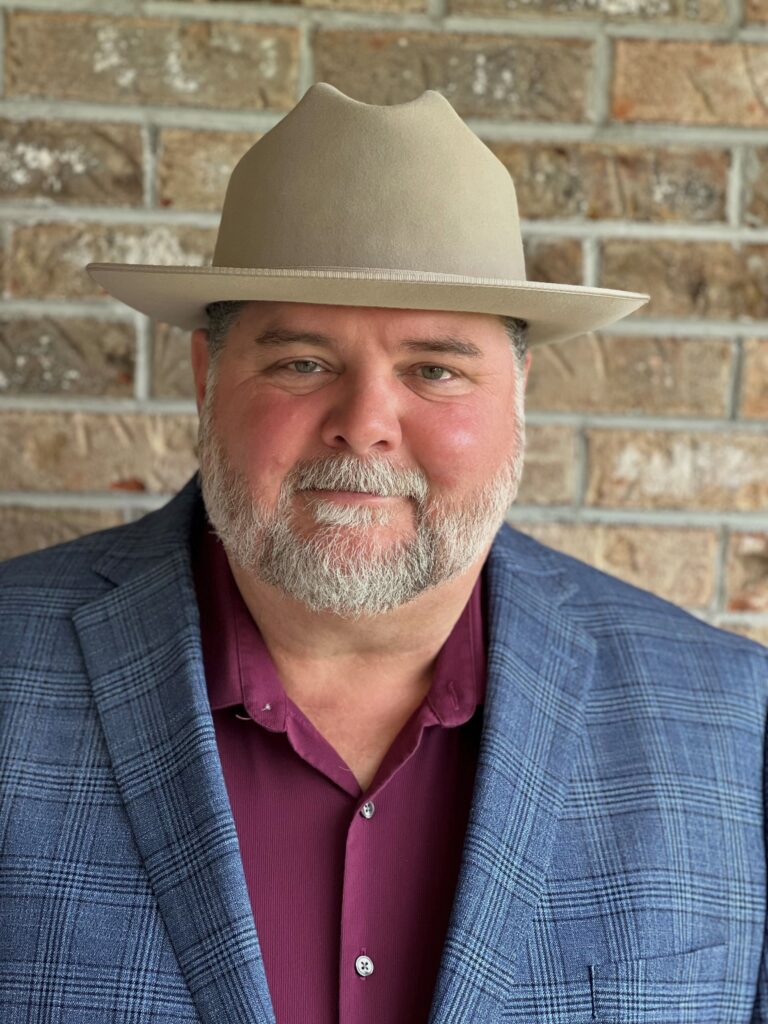
Robert T. Burns
Biosystems Engineering & Soil Science Department
University of Tennessee, Knoxville
Dr. Robert Burns is a Distinguished Professor in the Biosystems Engineering and Soil Science Department at the University of Tennessee, Knoxville. Robert currently coordinated the UT Precision Livestock Farming Team and works with the application of technology to collect and analyze data to better monitor and manage animal production systems. Robert has 30 years of experience in the quantification and management of gaseous emissions (GHG, volatile organic compounds, ammonia and hydrogen sulfide) and particulate matter (TSP, PM10, and PM2.5) from animal production and manure management systems. He is also an expert on manure and nutrient management systems, including the anaerobic digestion of animal manures to produce renewable energy.
Prior to being named as a Distinguished Professor Dr. Burns served for a decade (2010-2015 Assistant Dean, 2015 – 2017 Associate Dean and 2017 -2020 Dean) in UT Extension Administration. Prior to serving as Dean, Robert conducted applied research and Extension programming on manure storage and treatment systems, nutrient management and the quantification of air emissions from livestock and poultry production systems. Robert served as a member of the Agricultural and Biosystems Engineering faculty at Iowa State University from 2004-2010, and as a member of the Agricultural Engineering faculty at the University of Tennessee from 1995-2004.
Burns’ Extension engineering efforts have resulted in major impacts on the basic knowledge and engineering practices for livestock and poultry housing, manure management and utilization. Robert led the development and management of the University of Tennessee and the Iowa State University Comprehensive Nutrient Management Plan (CNMP) Technical Service provider program over the 2000 – 2010 period. Robert developed and led a sustained national CNMP training program that provided the initial framework for CNMPs, developed the first national example CNMP, provided CNMP development training and to more than 1,500 individuals, and for over 50% of the USDA Technical Service Providers (TSPs) certified nationally in one of the five USDA certification categories associated with CNMP preparation.
Dr. Burns’ expertise has been recognized and shared through his selection to serve on various national and international scientific advisory boards. Examples include the Food and Agriculture Organization of the United Nations Technical Advisory Group on Methane from Animal Production, the United States Department of Agriculture Agricultural Air Quality Task Force, the Unites States Environmental Protection Agency Farm and Ranch Rural Advisory Committee, National Pork Counsel Pork Air Science Advisory Committee, and the International Research Center for Animal Environment and Welfare.
Dr. Burns holds a BS in Agricultural Engineering, MS in Environmental Engineering, and PhD in Civil Engineering from The University of Tennessee and is a registered professional engineer.
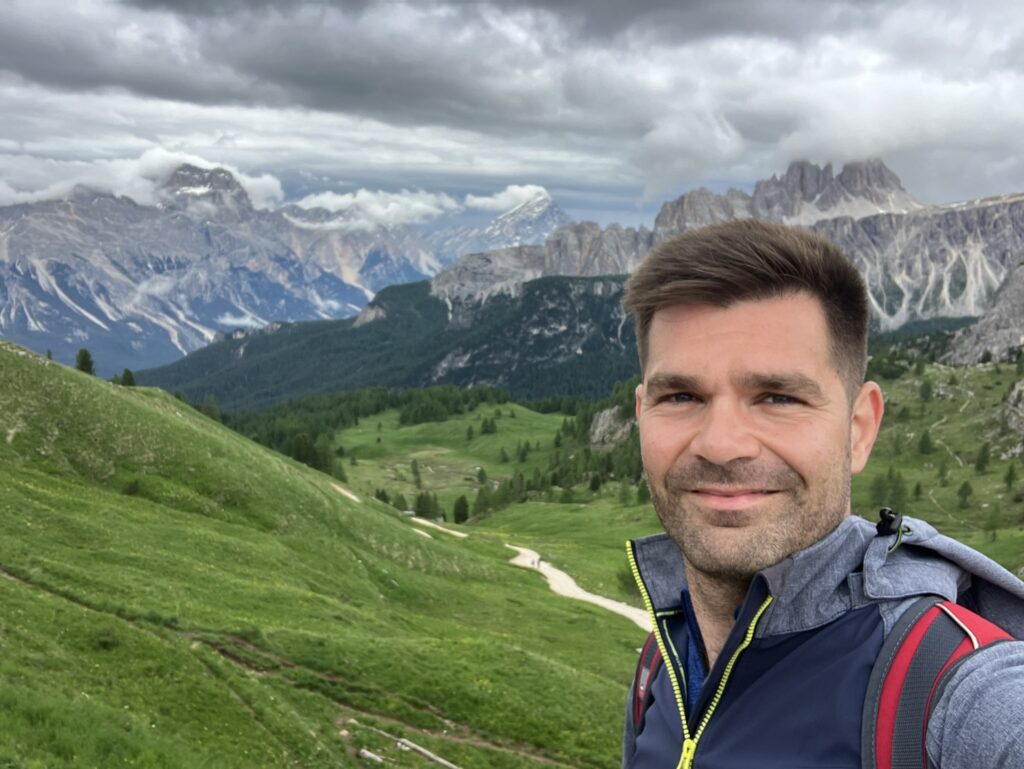
Boris Lukić
Josip Juraj Strossmayer University of Osijek
Faculty of Agrobiotechnical Sciences
Department for Animal Production and Biotechnology
Chair for Animal Breeding and Genetics
Boris Lukić is an Associate Professor at the Faculty of Agrobiotechnical Sciences in Osijek, Croatia. As a top-performing student, he completed research internships at the National Agricultural Research Centre (FAL Braunschweig) in Germany and the AgroTak Group cattle farm in Poland. In 2006, he received the Rector’s Award for academic excellence and graduated in 2009 with a degree in Animal Science.
He earned his PhD in 2015, conducting research at the Roslin Institute, University of Edinburgh, on genomic selection in pigs. Throughout his academic career, he has attended advanced courses in statistics and genomics and contributed as a research associate to numerous projects funded by the Croatian Ministry of Science, the Croatian Science Foundation, Horizon 2020, and the Paying Agency for Agriculture, Fisheries, and Rural Development (PAAFRD).
Currently, he leads a large EU project integrating genomic data with AI-driven sensor technology and manages two national scientific projects while collaborating on two others. Appointed Associate Professor in 2022, he teaches undergraduate and graduate courses in quantitative genetics, selection, and animal breeding programmes. His research focuses on livestock genetics and genomics, as well as improving local breeds through advanced genomic approaches.
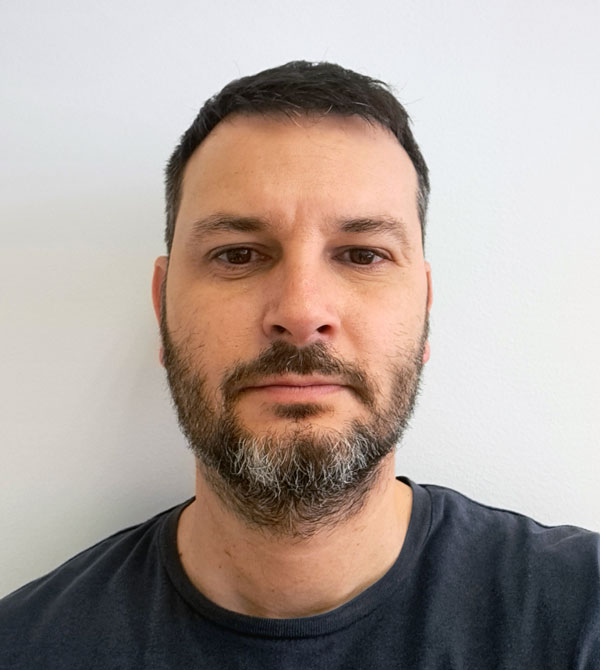
Boris Lazarević
University of Zagreb Faculty of Agriculture
Division for Agroecology
Department of Plant Nutrition
Assoc. prof. dr. Boris Lazarević is a Croatian plant scientist specializing in plant physiology and high-throughput phenotyping. He currently serves as Head of the Department of Plant Nutrition and leads the Plant Phenotyping Laboratory at the Faculty of Agriculture, University of Zagreb. His research centers on the physiological and morphological responses of crops to abiotic stresses such as drought, salinity, and nutrient deficiency.
Dr. Lazarević has substantial expertise in the use of advanced non-destructive techniques, including chlorophyll fluorescence imaging, multispectral analysis, and gas exchange measurements, often integrated with advanced statistical approaches for data analysis and stress classification. His work spans a wide range of crop species, with a strong focus on improving stress tolerance and resource use efficiency.
He has authored over 50 peer-reviewed scientific publications and has been involved in numerous national and international research initiatives, including the Croatian Centre of Excellence for Biodiversity and Molecular Plant Breeding (CroP-BioDiv), the European phenotyping infrastructure network (EMPHASIS), and collaborative efforts with the International Atomic Energy Agency (IAEA).
Dr. Lazarević has received recognition for his contributions to research, teaching, and innovation. He promotes a multidisciplinary and applied research approach and is actively engaged in science communication and education within the agricultural science community.
